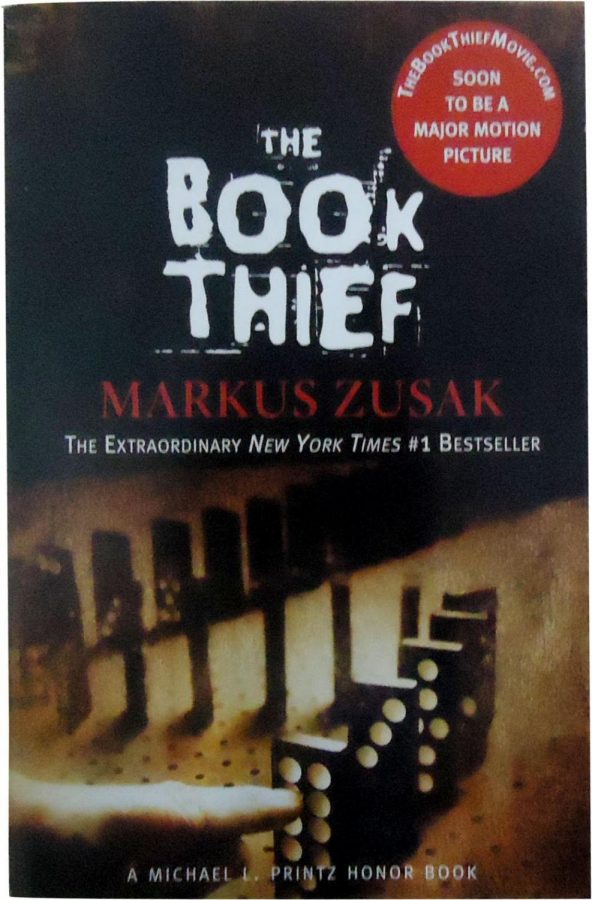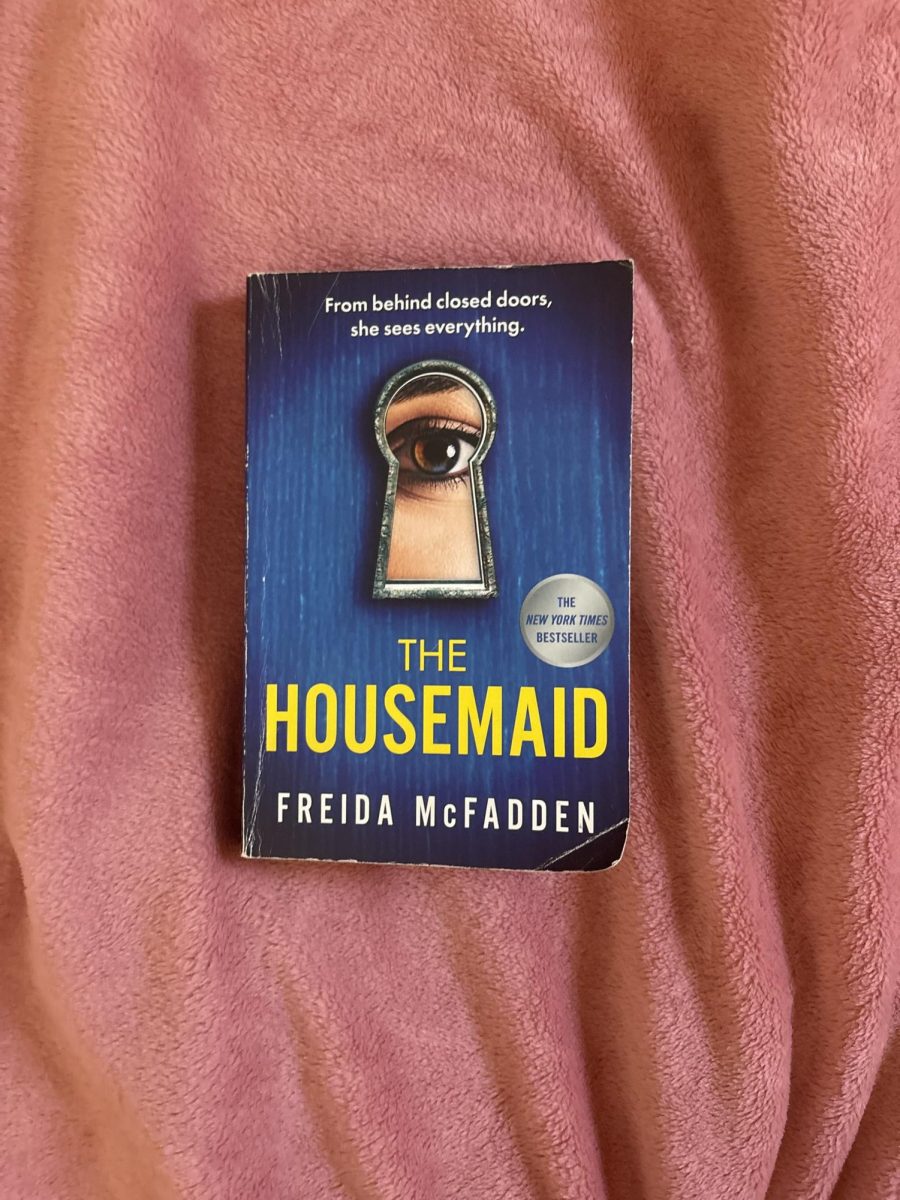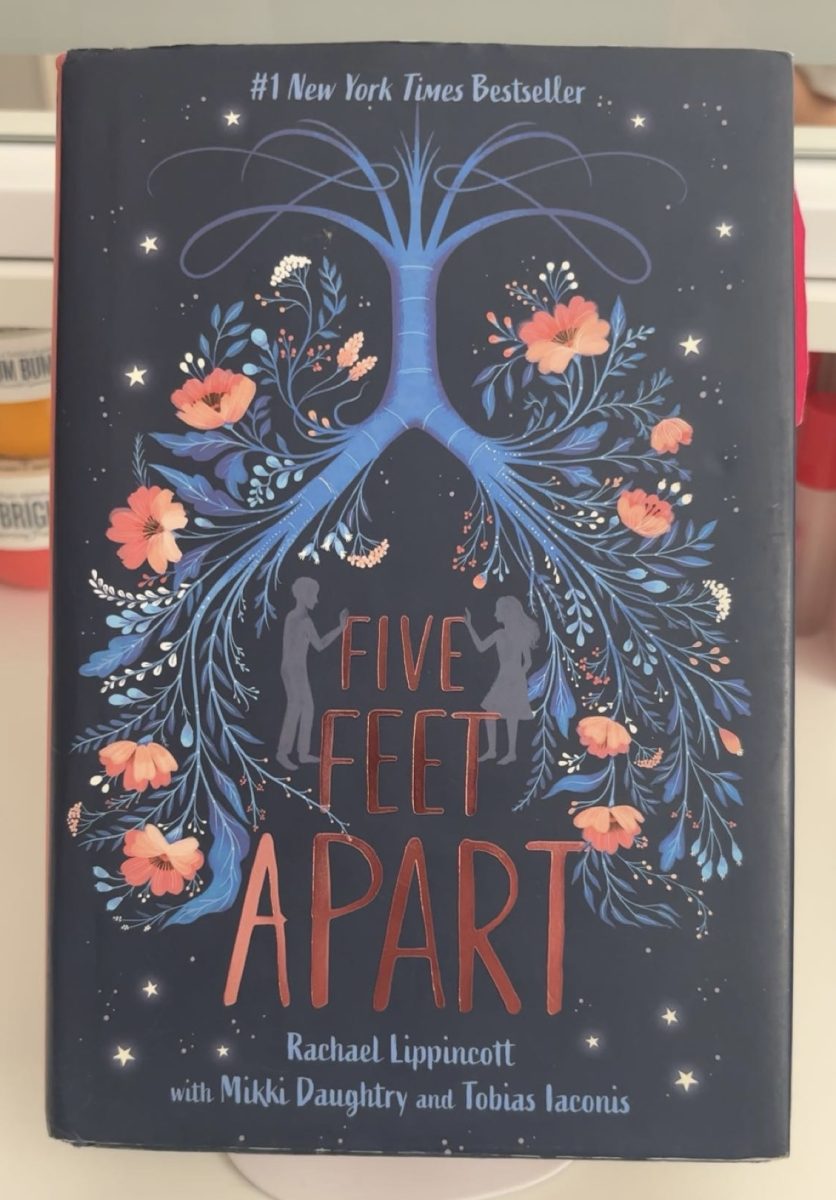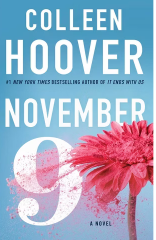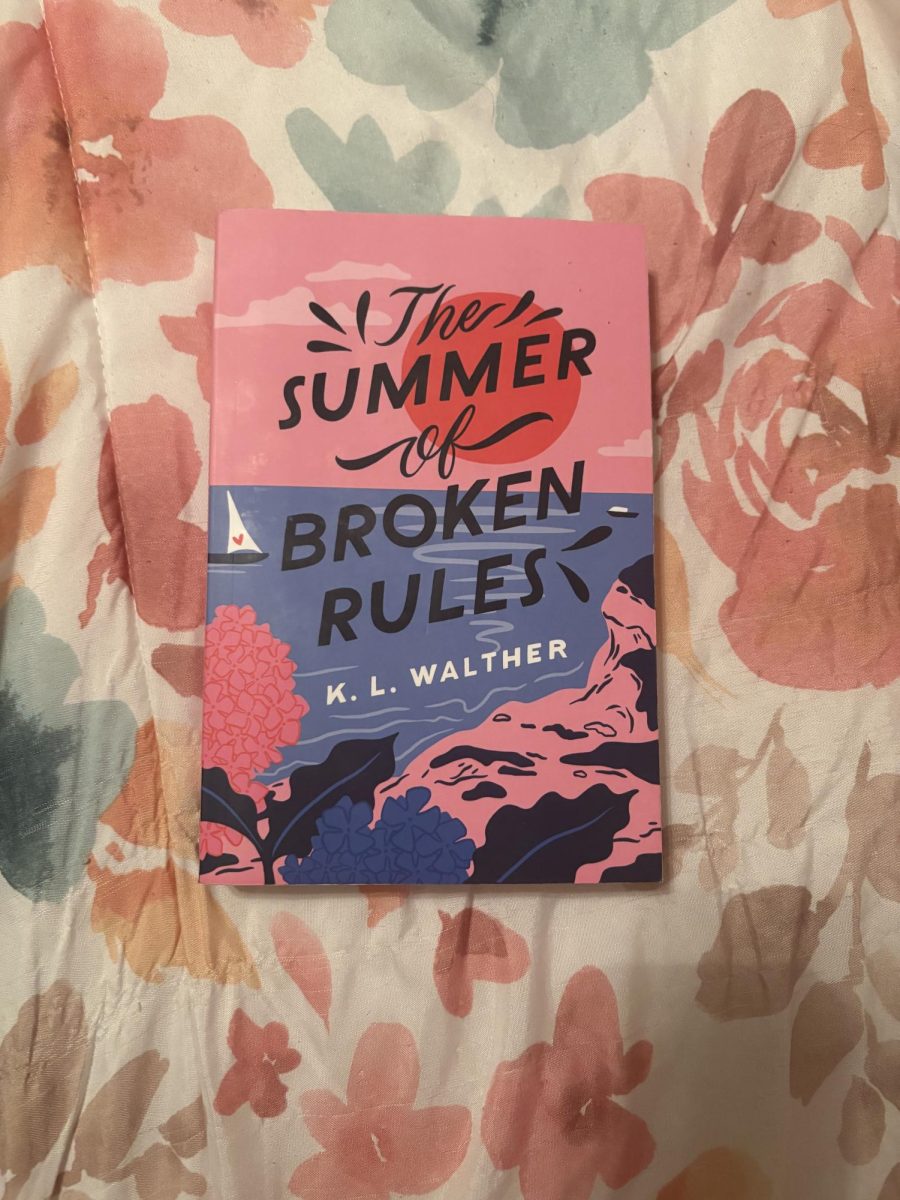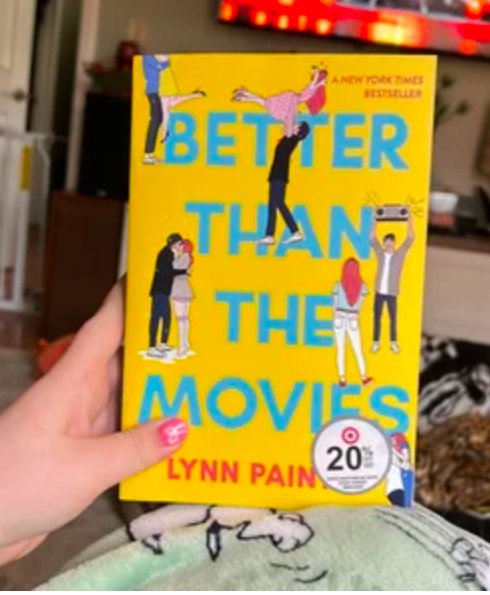Over Spring Break, I had the chance to re-read a 2005 best-seller, The Book Thief, about the tragic Nazi Holocaust.
I had first read this book a few years ago when I had been in about sixth or seventh grade. But as a young adolescent, it was really quite hard for me to comprehend and fully understand the extent of the book.
As my high school career has progressed, I have had the chance to learn about the Nazi Holocaust in many of my history and English classes. This helped to give me a background to The Book Thief, and it was very interesting to see a different perspective of the Holocaust throughout the novel.
The Book Thief is a historical novel written in 2005, by Australian author, Markus Zusak. It quickly became an international bestseller and was translated into many different languages all over the world.
Plot
The book focuses on a morbid, but intense theme: death. Throughout the story, Zusak focuses solely on death; he doesn’t sugarcoat the horrors of the Holocaust or the relocation and destruction of an entire race during the early 1900’s.
The narrator of the novel is in fact referred to as Death or the collector of souls. Death tells the story of a little girl, named Liesel Meminger, who is followed throughout her life during the Nazi Holocaust in Germany. At the start of the novel, Liesel is very young and cannot read or write. But as the novel goes on, reading becomes a comfort to her, a world away from the destruction of the one around her.
The story focuses solely on Liesel, while the terrible tragedy of the Holocaust is going on behind her. The reader watches as she escapes the narrator of death, as he follows her throughout her life. From foster homes to stealing books off the street, to watching bombs and destruction go off around her, Liesel lives a hard life. She watches the people around her die, and not have a true understanding of why this is happening. It is within these books that she takes and reads, that she finds true comfort, and learns many lessons.
Review
It is hard to say that I enjoy this novel, due to the fact that it is about a mass catastrophe, but I find it very interesting to read from a different perspective and see what a little girl may have gone through during the Holocaust. With Zusak’s descriptive details, and the vivid imagery used described by the narrator, chills ran throughout my body in hearing the horrors of the Holocaust.
Some may argue that it would be very difficult and upsetting for younger teenagers/children to read. From experience, of reading this novel at a younger age, I can vouch for that. I would definitely recommend this book for young adults, and adults of all ages. There are many lessons throughout the book, from holding onto hope to hearing about the strongest not surviving. It may be very difficult to hear about all of the death and experiences that many survivors had gone through during this time. But it is also important to learn from the tragedy and try to prevent anything like this from happening again.
Film Review
After 2013, The Book Thief is now a feature film.
The film runs for 130 minutes, produced by 20th Century Fox. It first appeared in theaters on November 8, 2013, and made over 76.6 million dollars. Winning the Satellite Special Achievement Award for Breakthrough Performance Award, and other great awards, the movie did very well in theaters. Much like the book, it rates PG-13, which means that it may be more difficult for younger audiences.
The film follows the book very closely, but there was much controversy about the movie. Many critics of the film say that it was not shown as harsh as in the book. It was more sugar-coated than anything. But others, comment on how they love the acting, and how the characters tell the story perfectly. Rotten Tomatoes gives it a rate of 73% of likes.
Conclusion
The Book Thief is a great novel to help readers really grasp an understanding of the horrors of the Holocaust. It not only focuses on how books educate us but how they may be the comfort of the world.



